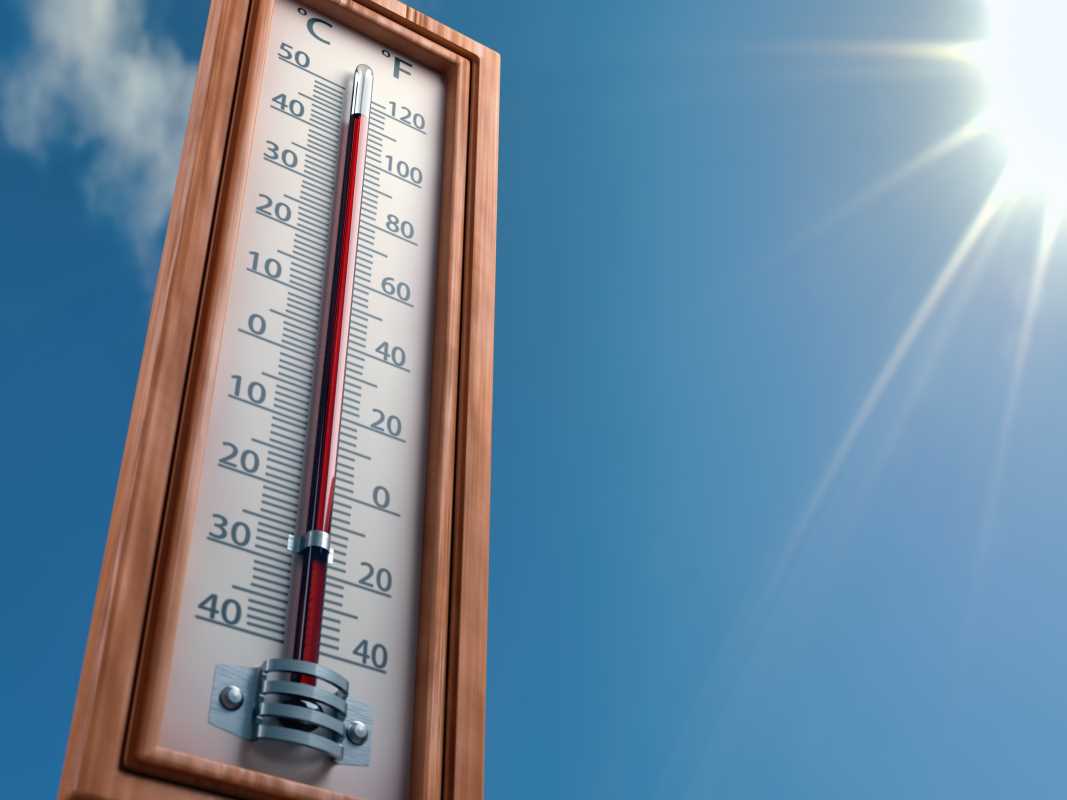Air pollution is a silent threat that affects the health of individuals around the world, often without them realizing the extent of the impact. From smog-filled cities to industrial emissions, the quality of the air we breathe can have significant consequences on our well-being. Understanding how air pollution is affecting your health is crucial for making informed decisions to protect yourself and your loved ones.
Air pollution can lead to various health issues, including respiratory problems such as asthma and bronchitis. The particulate matter and pollutants present in the air can irritate the respiratory system, causing inflammation and difficulty breathing. Long-term exposure to air pollution has also been linked to more serious conditions like lung cancer and cardiovascular diseases, highlighting the importance of reducing our exposure to harmful pollutants.
In addition to physical health concerns, air pollution can also impact mental health. Studies have shown that exposure to air pollution is associated with an increased risk of depression, anxiety, and cognitive decline. Poor air quality can affect brain function and contribute to a range of mental health issues, emphasizing the need for cleaner air for overall well-being.
Children and older adults are particularly vulnerable to the effects of air pollution due to their developing or weakened immune systems. For children, exposure to air pollution can lead to developmental issues and lifelong health implications. Older adults may experience exacerbated symptoms of existing health conditions, leading to a reduced quality of life. Protecting these vulnerable populations from the harmful effects of air pollution is essential for promoting healthier communities.
Indoor air quality is also a significant concern, as we spend a majority of our time inside our homes or workplaces. Household pollutants from cooking, cleaning products, and inadequate ventilation can contribute to poor indoor air quality, affecting our health in similar ways to outdoor pollution. Taking steps to improve indoor air quality, such as using air purifiers and proper ventilation, can help reduce the impact of pollutants on our health.
Addressing the issue of air pollution requires collective efforts from individuals, communities, and governments. Making environmentally conscious choices, such as using public transportation, reducing energy consumption, and supporting clean energy initiatives, can help decrease air pollution levels. Advocating for stricter air quality regulations and investing in sustainable practices are also crucial steps towards creating a healthier environment for all.
As the silent threat of air pollution continues to impact our health, raising awareness and taking proactive measures are essential for mitigating its effects. By understanding how air pollution affects our health and taking steps to reduce exposure, we can prioritize our well-being and contribute to a cleaner and healthier future for generations to come.
 (Image via
(Image via





